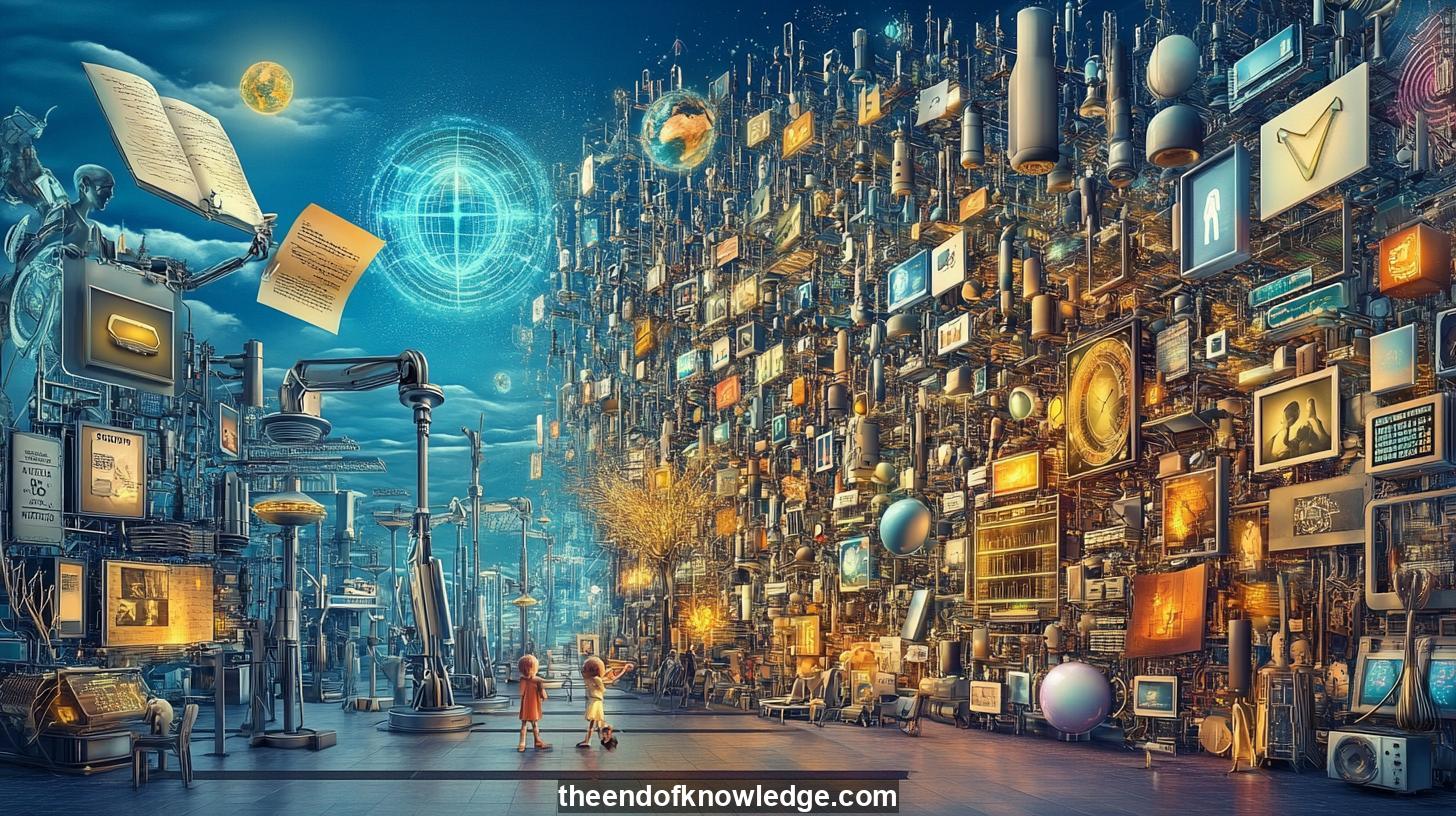 >
>
Concept Graph, Resume & KeyIdeas using DeepSeek R1 :
Resume:
The discussion revolves around the societal impact of artificial intelligence (AI), particularly focusing on the ethical, regulatory, and governance challenges it presents. Experts like David Arroyo and Jorge Gomez delve into the potential of AI to revolutionize industries but caution against its misuse without proper oversight. The role of companies such as OPNA, led by Sam Alman, is scrutinized, highlighting the need for transparency and ethical guidelines to ensure AI benefits society rather than controlling it. The debate emphasizes the importance of education and critical thinking in navigating the future with AI, urging a balance between technological advancement and human values.30 Key Ideas:
1.- AI's rapid development raises ethical concerns about control and societal impact.
2.- Companies like OPNA are central to AI's future, sparking debates on regulation.
3.- Transparency in AI development is crucial to prevent misuse and ensure public trust.
4.- Ethical AI governance must balance innovation with societal well-being.
5.- Education and critical thinking are vital to navigate AI's implications effectively.
6.- The potential for AI to disrupt employment and social structures is significant.
7.- AI could exacerbate inequalities if access is limited to powerful corporations.
8.- Regulatory frameworks are needed to manage AI's impact on democracy and privacy.
9.- AI systems must align with human values to avoid ethical dilemmas.
10.- Public-private collaborations are essential for effective AI governance.
11.- AI's influence on global politics and economies is growing rapidly.
12.- The need for sovereignty in AI development is a key concern for nations.
13.- Open-source communities play a crucial role in democratizing AI technologies.
14.- AI's environmental impact, such as energy consumption, must be addressed.
15.- Ensuring AI's accessibility can bridge gaps between developed and developing nations.
16.- AI's potential to enhance cybersecurity is balanced by risks of misuse.
17.- Public awareness campaigns are necessary to demystify AI technologies.
18.- AI's role in education could revolutionize learning but risks widening disparities.
19.- Ethical AI development requires diverse perspectives to avoid bias.
20.- AI's integration into healthcare promises improvements but raises privacy concerns.
21.- The future of work will be reshaped by AI, requiring adaptive policies.
22.- AI's role in warfare and surveillance demands international regulation.
23.- AI systems must be designed with accountability mechanisms to prevent harm.
24.- Public engagement in AI policy-making ensures inclusive decision processes.
25.- AI's economic benefits must be equitably distributed to avoid further inequality.
26.- AI's potential to solve global challenges like climate change is immense.
27.- The ethical use of AI in governance requires clear guidelines and oversight.
28.- AI's impact on cultural identity and creativity is a growing area of study.
29.- AI's role in media and information dissemination raises concerns about bias.
30.- Balancing innovation with responsibility is key to harnessing AI's potential.
Interviews by Plácido Doménech Espí & Guests - Knowledge Vault built byDavid Vivancos 2025